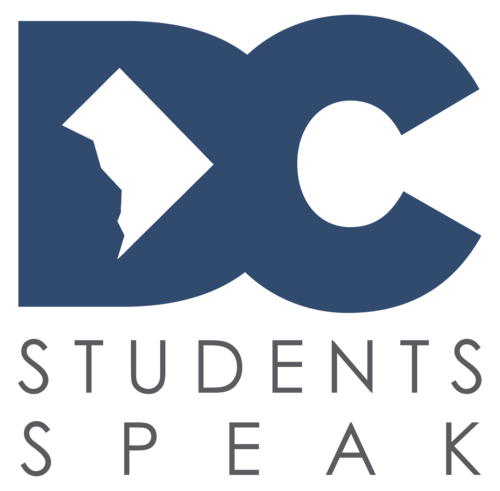
TurboVote: Student voting can foster campus connections
In May, Knight Foundation announced $1 million in new support for TurboVote, a nonprofit service designed to modernize voting and increase citizen participation. Below, Marie-Fatima Hyacinthe, partnerships associate at TurboVote, and Sam Novey, director of partnerships, write about how increasing student voter participation builds deeper engagement on college campuses. Photo credit: Empower Our Neighborhoods.
At TurboVote we build technology that makes it possible for a user to sign up once online and receive all the information and materials that she needs to vote in every election, from local to presidential, for the rest of her life, no matter where she moves. This technology has important implications, but especially in higher education, which has a clear civic mission. The TurboVote technology makes it possible for schools to institutionalize voter engagement in the online processes required of every student, from freshman orientation to class registration.
“That service should reduce barriers to voting and help boost turnout,” according to Dr. Peter Levine, director of the Center for Information and Research on Civic Learning and Engagement at Tufts University.

Lowering the barriers can significantly affect student-voting rates, particularly for local and primary elections. A 2011 CIRCLE study reported that 66.2 percent of college students who did not vote in the 2010 midterms were either “out of town, working or forgot.” Lack of access to the information and materials necessary to vote is the main reason that many students do not participate. TurboVote helps colleges solve this problem in a cost-effective and efficient way.
Their experiences also suggest an additional benefit, Dr. Levine said.
“Once voting becomes easy and turnout rises, local governments and politicians should start paying more attention to student voters,” he said. “And that would make the environment more educational—richer in debate, outreach, and competition of ideas.”
According to Dr. Levine that “may be boosting students’ learning as well as their voting.” The issue still requires more study, he said. However, TurboVote has begun to collect examples that support this idea. Our work with 58 colleges last year leads us to believe that institutionalizing voter engagement can have a profound effect.
Empowered students in New Brunswick
On a summer day in New Brunswick, N.J., a group of community-minded Rutgers University students gathered to discuss how to become involved in the local government. They came from different academic backgrounds: from political science to urban planning to the seemingly unrelated, such as math and physics. However, they all voted in New Brunswick, and they had realized that if they worked together their numbers would give them influence in discussions about the city’s future. Over the next 18 months, they seized that opportunity.
These students would learn about governmental and electoral procedures, organize with community members, and run for elected office alongside a coalition of students and New Brunswick residents called Empower Our Neighborhoods (EON). The Rutgers students walked away with a more thorough understanding of how New Brunswick government works. They took this new understanding and turned it into a statewide movement, creating New Jersey United Students to work on shared issues.
Speaking up in the nation’s capital
In the District of Columbia, another group of students, D.C. Students Speak, took advantage of the local political structure to organize. At the heart of the city’s political wards, citizen boards known as Advisory Neighborhood Commissions (ANC) sometimes have high concentrations of college students, depending on the areas they represent. D.C. Students Speak recognized that there were local political issues that were especially relevant to college students and galvanized some of them to run for ANC seats.
Since 2010, D.C. Students Speak has worked with students from Georgetown, George Washington, Catholic and Howard universities to get nine students elected. However, it wasn’t just the significant student vote that won the elections. The candidates had to go into the communities around them and learn what other constituents wanted as well.
Lessons have broad implications
While both these cases come from TurboVote partner schools, both organizations predated that schools’ use of the tool, so we are not arguing that the schools’ use of TurboVote caused them to form. We do argue, however, that institutionalizing voter engagement on college campuses fosters the creation and growth of such organizations. Both New Jersey United Students and D.C. Students Speak depend upon a critical mass of student votes in order to be included as a full partner in community decisions. That’s why students who belong to both groups have lobbied for their administrations to adopt TurboVote.
Our experience shows us that TurboVote boosts student voting. When student leaders see that, it deepens their belief that students can unite as a constituency and prompts the formation of action-based organizations. When students vote at higher rates in local elections, they receive more attention from local officials and see broader results. These experiences have a lasting impact. They make students productive employees and effective civic leaders. It is a lifelong lesson that builds better communities.
Marie-Fatima Hyacinthe, partnerships associate at TurboVote, and Sam Novey, director of partnerships at TurboVote
Recent Content
-
Community Impactarticle ·
-
Community Impactarticle ·
-
Community Impactarticle ·


